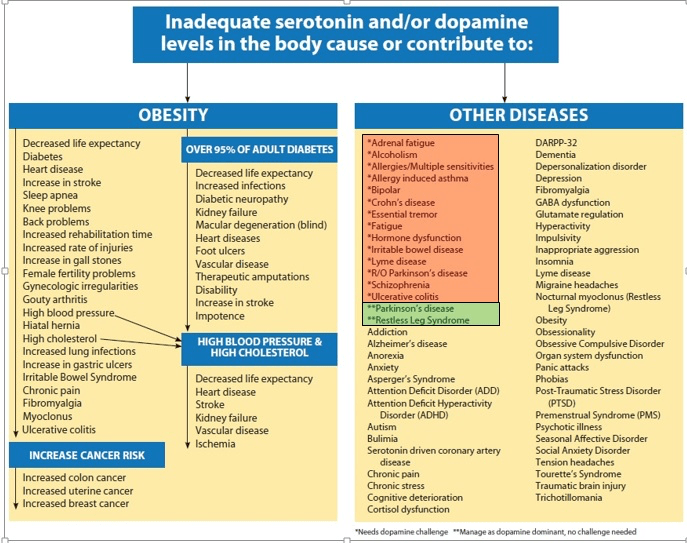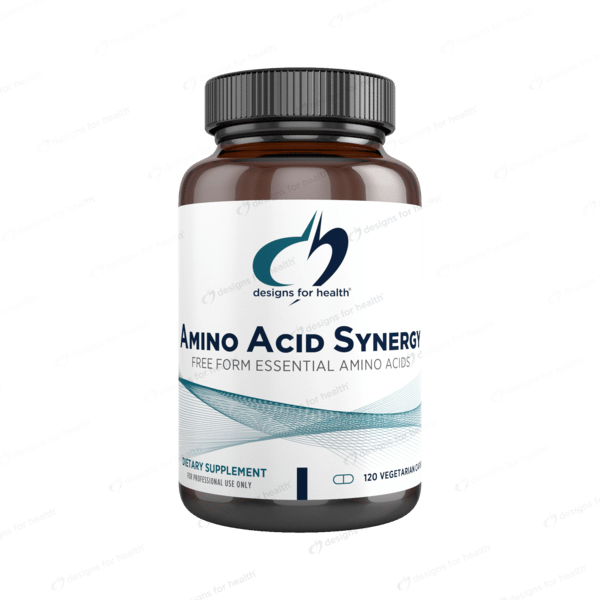Can Amino Acids Help with ADHD?
If you or someone you know struggles with ADHD, you may be wondering if there are natural remedies that can help manage symptoms. Amino acids are the building blocks of protein and play a crucial role in various bodily functions. In recent years, some research has suggested that certain amino acids may be beneficial for individuals with ADHD. In this article, we will explore the potential benefits of amino acids for ADHD and how they may help improve symptoms.
Understanding ADHD
ADHD, or Attention Deficit Hyperactivity Disorder, is a neurodevelopmental disorder that affects both children and adults. Common symptoms of ADHD include impulsivity, hyperactivity, and difficulty focusing or paying attention. Individuals with ADHD may also struggle with organization, time management, and emotional regulation. While there is no cure for ADHD, treatment options such as medication, therapy, and lifestyle changes can help manage symptoms and improve quality of life.
How Does ADHD Affect the Brain?
ADHD is believed to involve a dysfunction in the neurotransmitter systems in the brain, specifically dopamine and norepinephrine. These neurotransmitters are responsible for regulating attention, focus, motivation, and impulse control. In individuals with ADHD, there may be an imbalance or dysregulation of these neurotransmitter systems, leading to the characteristic symptoms of the disorder.
This image is property of earimediaprodweb.azurewebsites.net.
The Role of Amino Acids in ADHD
Amino acids are organic compounds that serve as the building blocks of protein in the body. Besides their role in protein synthesis, amino acids also play a vital role in various physiological processes, including neurotransmitter synthesis and neurotransmission. Some amino acids are precursors to neurotransmitters such as dopamine, serotonin, and GABA, which are essential for brain function and mental well-being.
Dopamine and ADHD
Dopamine is a neurotransmitter that plays a critical role in reward, motivation, and executive functions. In individuals with ADHD, there may be disruptions in the dopamine system, leading to difficulties in attention, focus, and impulse control. By providing the body with the necessary building blocks for dopamine synthesis, certain amino acids may help support dopamine production and function in individuals with ADHD.
Serotonin and ADHD
Serotonin is another neurotransmitter that is involved in mood regulation, sleep, and appetite. Imbalances in the serotonin system have been linked to symptoms of depression, anxiety, and impulsivity, which are common in individuals with ADHD. Amino acids that contribute to serotonin synthesis may help regulate mood and emotional stability in individuals with ADHD, potentially improving overall well-being.
GABA and ADHD
Gamma-aminobutyric acid (GABA) is the primary inhibitory neurotransmitter in the brain, responsible for calming neural activity and promoting relaxation. Research suggests that individuals with ADHD may have lower levels of GABA, leading to difficulties in impulse control and emotional regulation. By supporting GABA synthesis, certain amino acids may help balance brain activity and improve symptoms of ADHD related to hyperactivity and impulsivity.

This image is property of i.ytimg.com.
Amino Acids for ADHD
Now that we have a better understanding of how amino acids play a role in neurotransmitter function and brain health, let’s explore some of the specific amino acids that have been studied for their potential benefits in individuals with ADHD.
L-Tyrosine
L-Tyrosine is an amino acid that is a precursor to dopamine, norepinephrine, and adrenaline. By supporting the production of these neurotransmitters, L-Tyrosine may help improve attention, focus, and cognitive function in individuals with ADHD. Some studies have shown that supplementation with L-Tyrosine may enhance cognitive performance and reduce symptoms of ADHD, particularly in stressful situations.
L-Phenylalanine
L-Phenylalanine is another amino acid that serves as a precursor to dopamine and norepinephrine. By increasing the levels of these neurotransmitters in the brain, L-Phenylalanine may help improve mood, motivation, and focus in individuals with ADHD. Some research suggests that supplementation with L-Phenylalanine may enhance cognitive function and reduce symptoms of ADHD related to inattention and impulsivity.
L-Theanine
L-Theanine is an amino acid found in green tea that has been studied for its relaxing and calming effects on the brain. By increasing GABA levels and modulating neurotransmitter activity, L-Theanine may help reduce anxiety, improve focus, and promote relaxation in individuals with ADHD. Some evidence suggests that supplementation with L-Theanine may enhance cognitive performance and reduce hyperactivity in individuals with ADHD.
5-HTP
5-HTP is a precursor to serotonin, the neurotransmitter involved in mood regulation and emotional stability. By increasing serotonin levels in the brain, 5-HTP may help alleviate symptoms of depression, anxiety, and impulsivity in individuals with ADHD. Some studies have shown that supplementation with 5-HTP may improve mood, reduce irritability, and promote emotional well-being in individuals with ADHD.

This image is property of cdn.shopify.com.
How to Supplement with Amino Acids for ADHD
If you are considering supplementing with amino acids to help manage symptoms of ADHD, it is essential to consult with a healthcare provider or a qualified nutritionist. A professional can help determine the appropriate dosage, timing, and combination of amino acids based on your individual needs and health status. Keep in mind that while amino acids may offer potential benefits for individuals with ADHD, they are not a substitute for conventional treatment methods such as medication, therapy, and lifestyle changes.

This image is property of www.centermd.com.
Potential Side Effects and Interactions
Like any supplement, amino acids may cause side effects or interact with medications you are currently taking. It is essential to be aware of the potential risks and consult with your healthcare provider before starting any new supplement regimen. Some common side effects of amino acid supplements may include gastrointestinal upset, headaches, and allergic reactions. Additionally, certain amino acids may interact with medications such as antidepressants, stimulants, and blood pressure medications.
Conclusion
In conclusion, amino acids play a crucial role in neurotransmitter function and brain health, making them potential candidates for supporting individuals with ADHD. By providing the body with the necessary building blocks for neurotransmitter synthesis, certain amino acids may help improve attention, focus, mood, and cognitive function in individuals with ADHD. If you are considering supplementing with amino acids for ADHD, be sure to consult with a healthcare provider to determine the best course of action for your individual needs. Remember that while amino acids may offer benefits, they should be used in conjunction with other treatment methods for optimal symptom management.

This image is property of master.mindsharecommerce.com.
